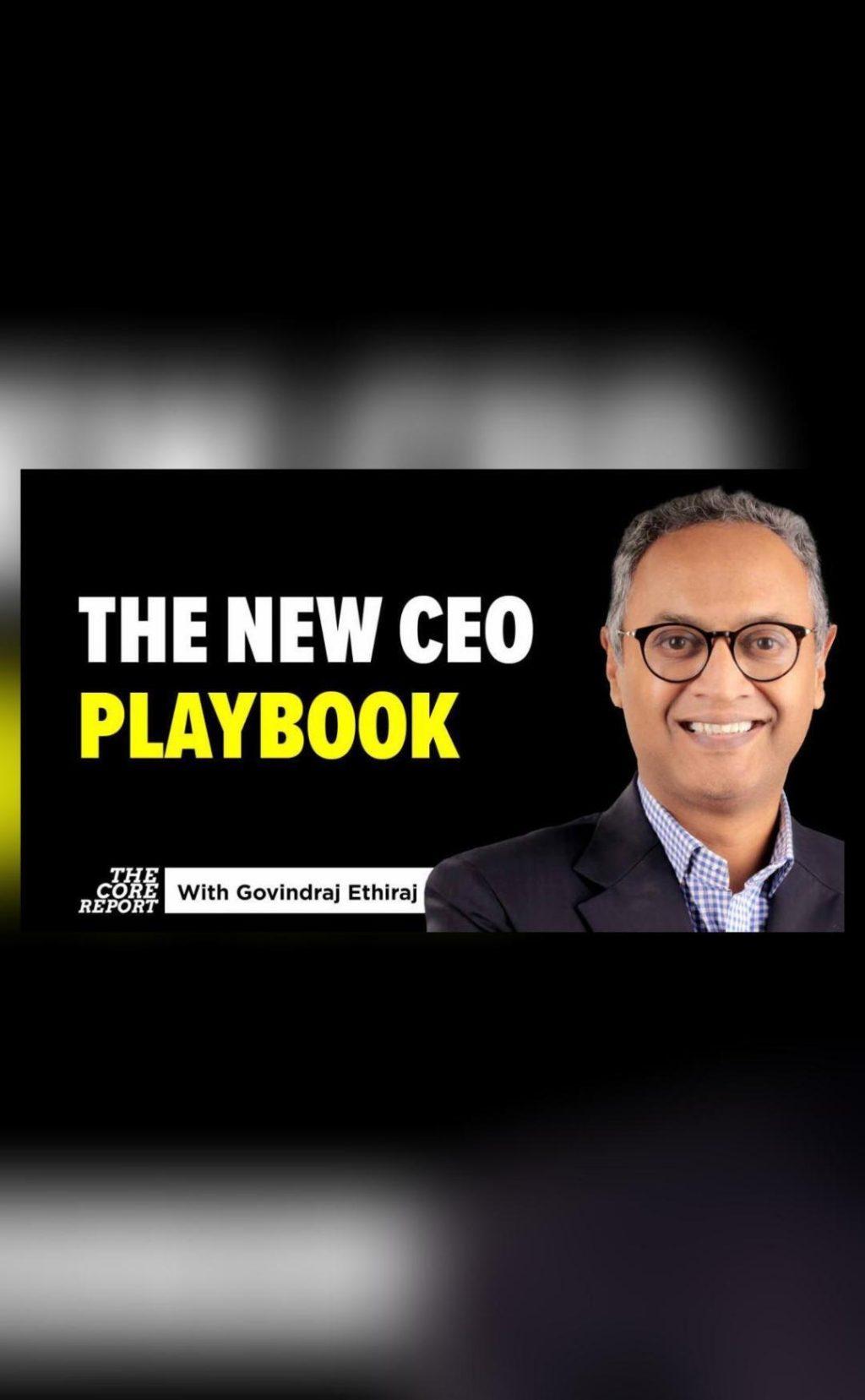
The New CEO Playbook: AI Pressures & Global Tariff Shocks
As the world continues to evolve at an unprecedented pace, CEOs are facing a multitude of challenges that threaten to disrupt the very fabric of their businesses. The rise of artificial intelligence (AI) and the implementation of global tariffs are just two of the many forces that are reshaping industries and disrupting trade. In this blog post, we’ll explore the new CEO playbook, examining the internal pressures to automate and innovate, as well as the external forces that are driving change.
Internal Pressures: Automating and Innovating
CEOs are under immense pressure to transform their businesses to stay ahead of the curve. AI, in particular, is forcing companies to re-examine their operations and find new ways to add value. According to a McKinsey report, AI could potentially create between $3.5 trillion and $5.8 trillion in value globally by 2030. However, this requires significant investment and a willingness to disrupt traditional business models.
Companies are under pressure to automate and innovate, not just to stay competitive, but to survive. AI-powered automation is transforming industries, from manufacturing to healthcare, and companies that fail to adapt risk being left behind. For example, a recent study by the World Economic Forum found that up to 800 million jobs could be lost worldwide due to automation by 2030.
To stay ahead of the curve, CEOs are being forced to think creatively and find new ways to add value. This may involve investing in emerging technologies, such as blockchain, cloud computing, and the Internet of Things (IoT). It may also involve re-skilling employees, creating new job roles, and developing new business models that leverage AI and automation.
External Pressures: Global Tariff Shocks
In addition to internal pressures, CEOs are also facing external forces that are disrupting trade and reshaping global supply chains. The implementation of global tariffs, in particular, is causing widespread uncertainty and disruption.
Tariffs, or taxes on imported goods, are designed to protect domestic industries and create jobs. However, they can also lead to retaliatory measures, trade wars, and supply chain disruptions. The impact of tariffs is being felt across industries, from manufacturing to agriculture, and companies are being forced to adapt to new trade realities.
The impact of tariffs on global trade is significant. According to the World Trade Organization, global trade had grown by an average of 7% per year since 1990. However, in 2018, global trade growth slowed to just 3.2%. The implementation of tariffs is a major factor in this slowdown, and companies are being forced to rethink their global supply chains and trade strategies.
Locating, Adapting, and Rethinking: The New CEO Playbook
In the face of these unprecedented challenges, CEOs are being forced to think creatively and develop new strategies to stay ahead of the curve. Here are a few key takeaways from the new CEO playbook:
- Localize: Companies are being forced to localize their operations, moving production and supply chains closer to home to reduce the impact of tariffs and other trade disruptions.
- Adapt: CEOs are being forced to adapt to new trade realities, finding new ways to add value and stay competitive in a rapidly changing world.
- Rethink: Companies are being forced to rethink their long-held business models, finding new ways to create value and stay ahead of the curve.
Conclusion
The new CEO playbook is all about adapting to a rapidly changing world. AI pressures and global tariff shocks are forcing companies to rethink their strategies and operations, and CEOs are being forced to think creatively to stay ahead of the curve. By localizing, adapting, and rethinking, companies can navigate these unprecedented challenges and create a brighter future for themselves and their employees.
News Source:






